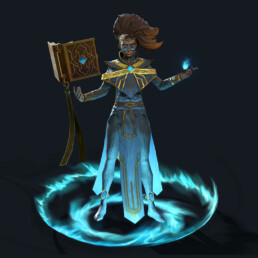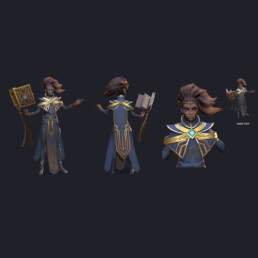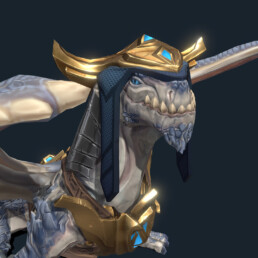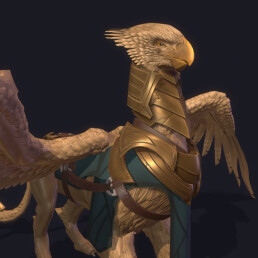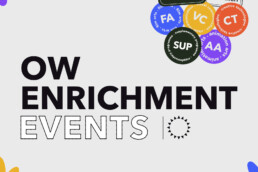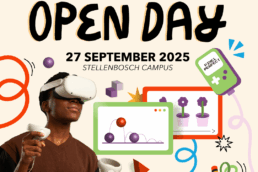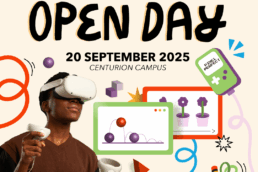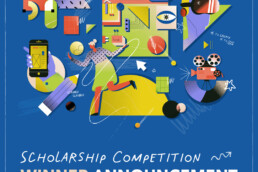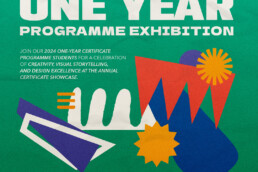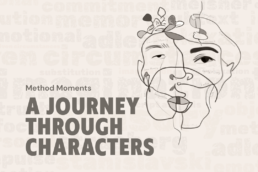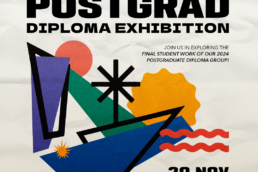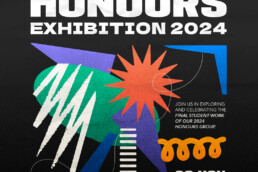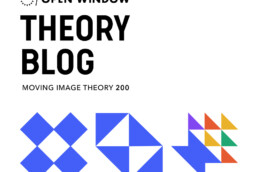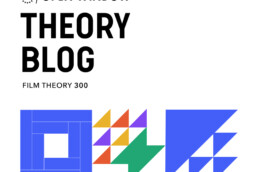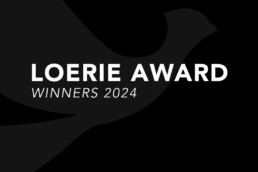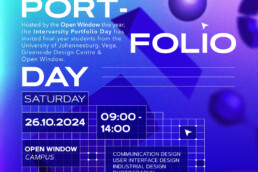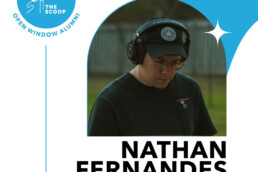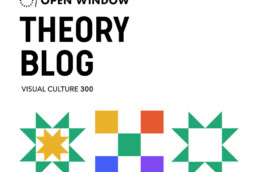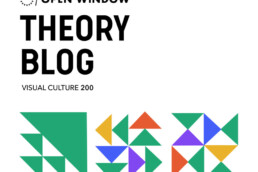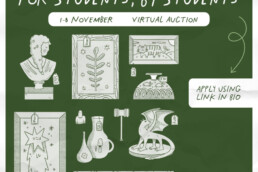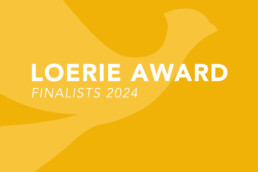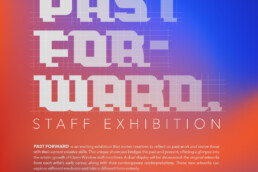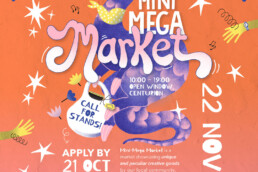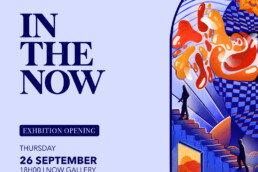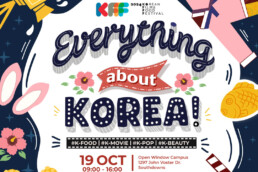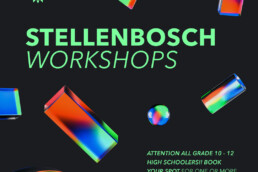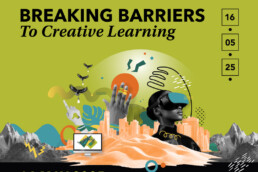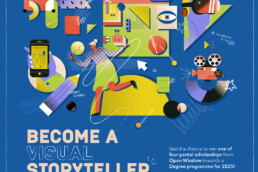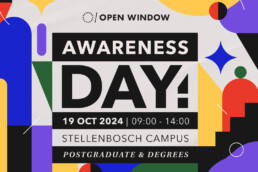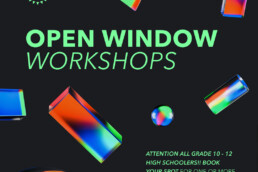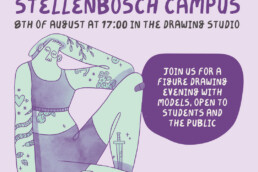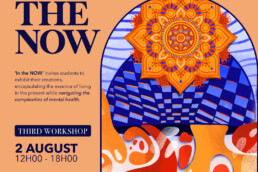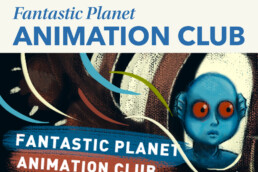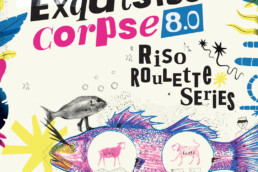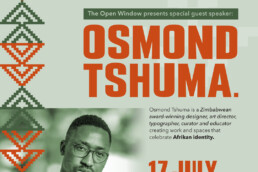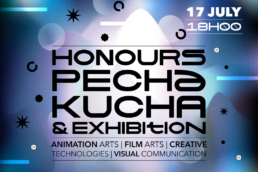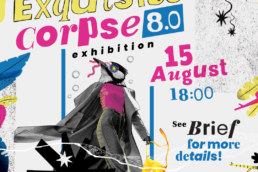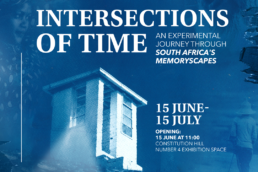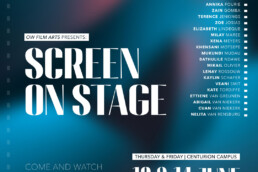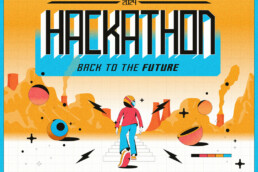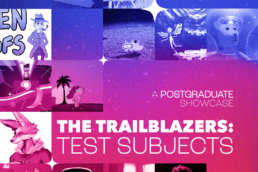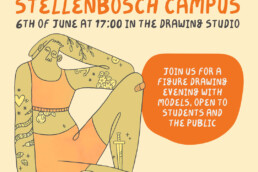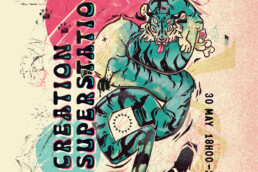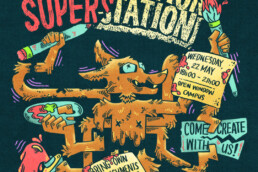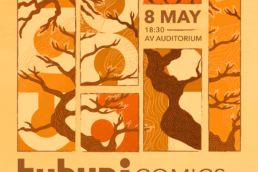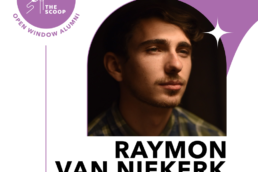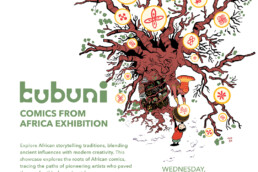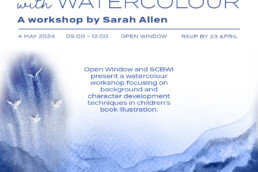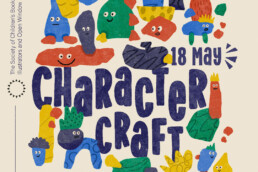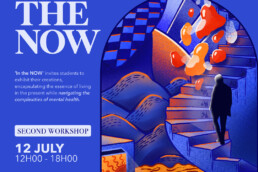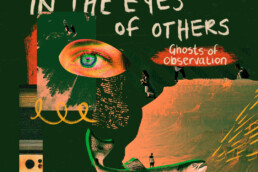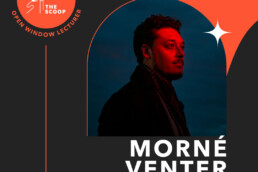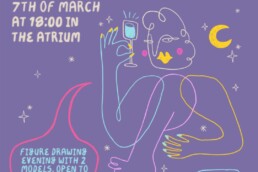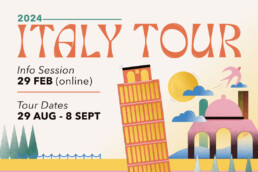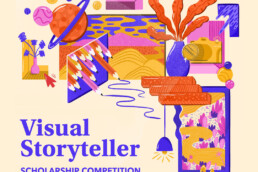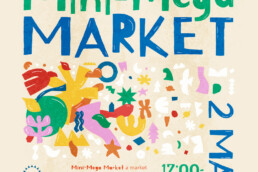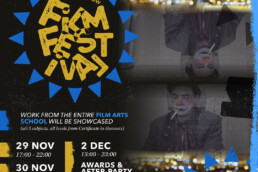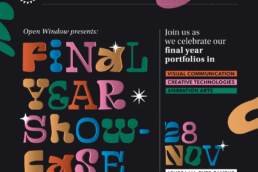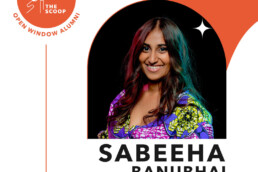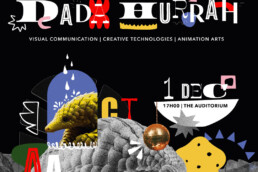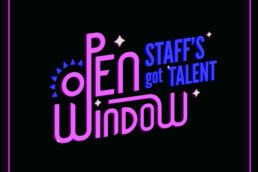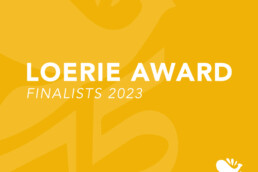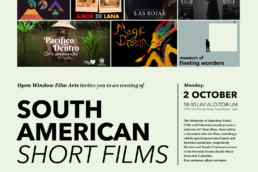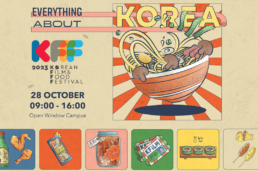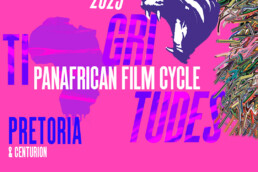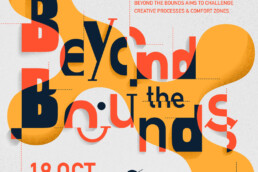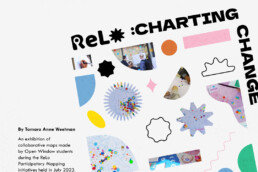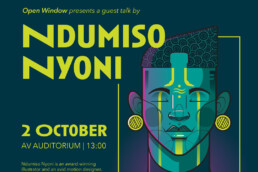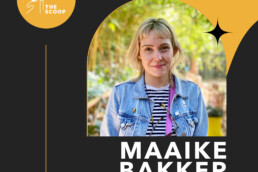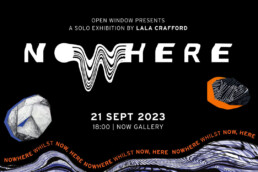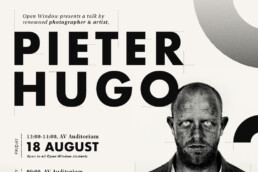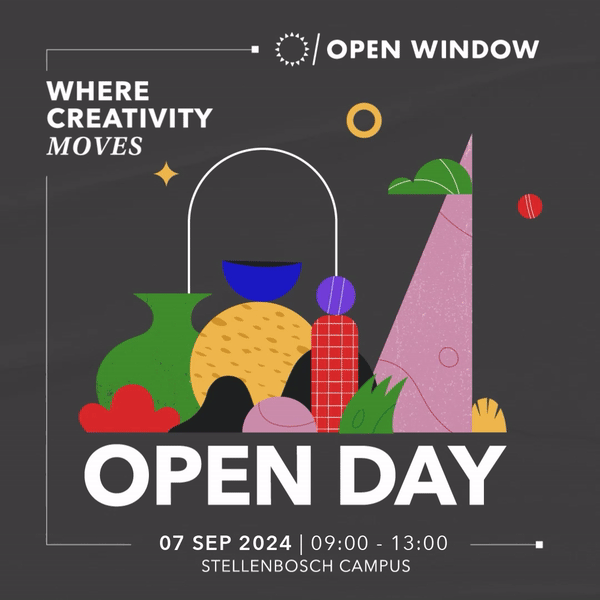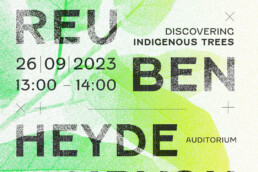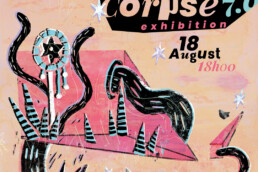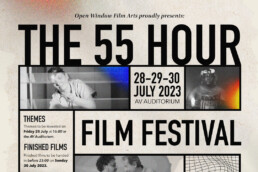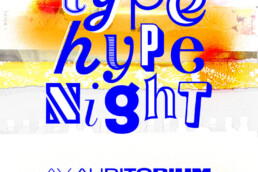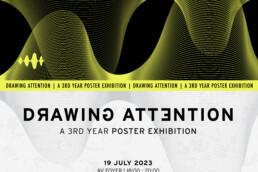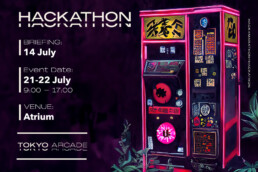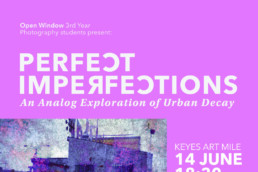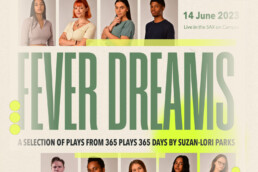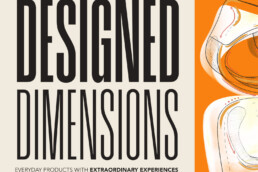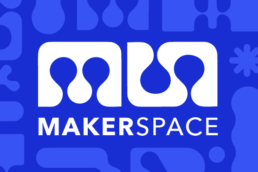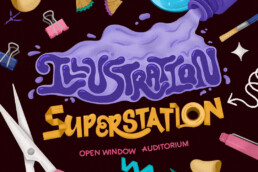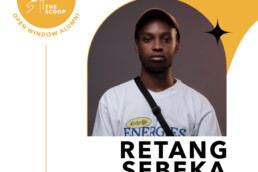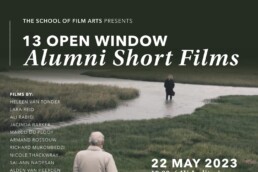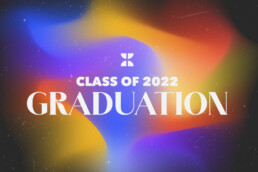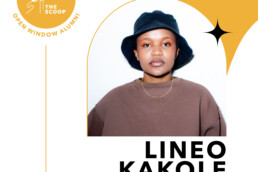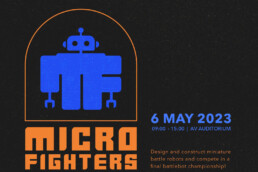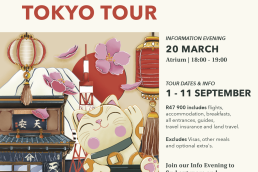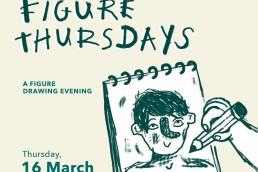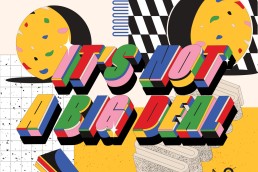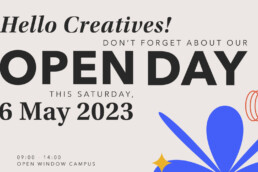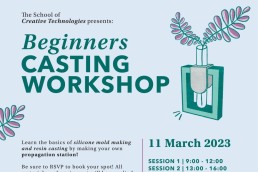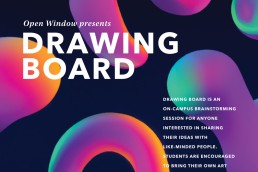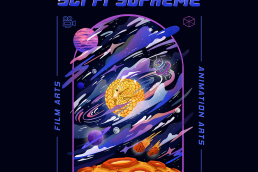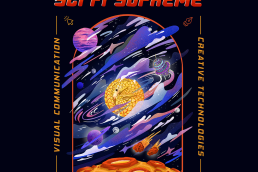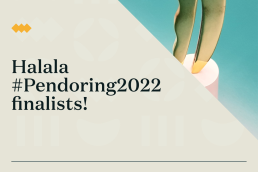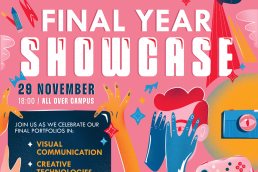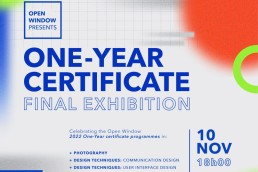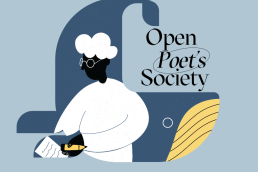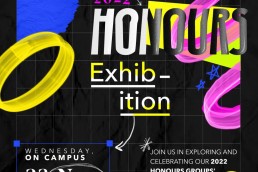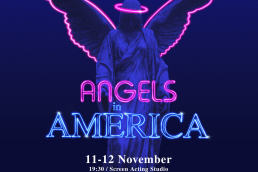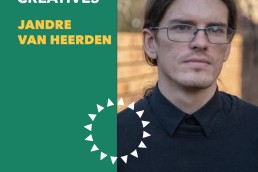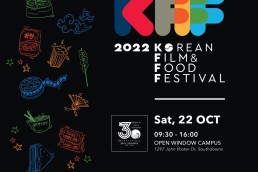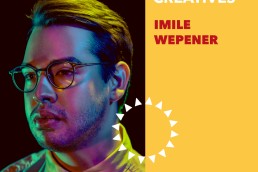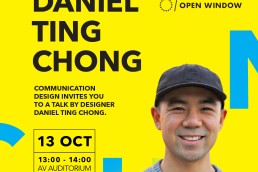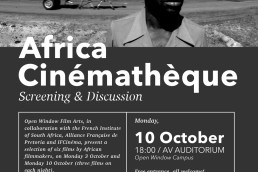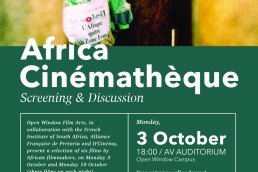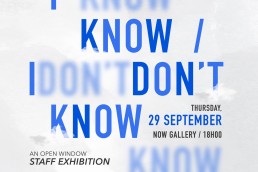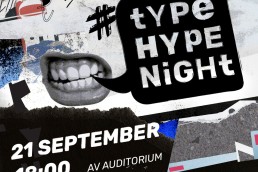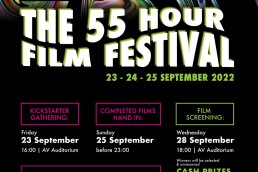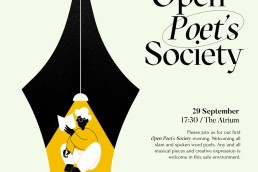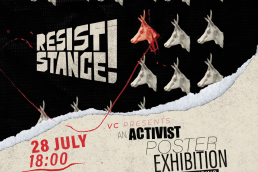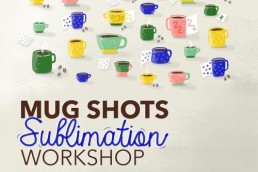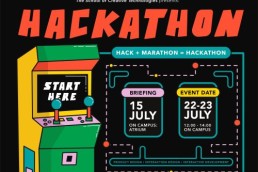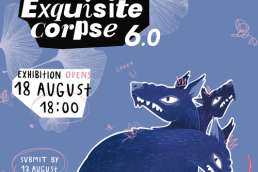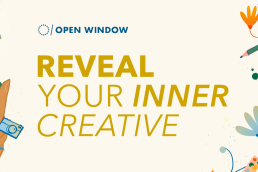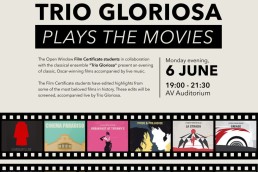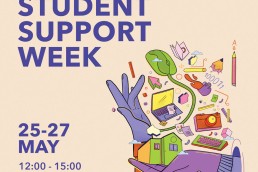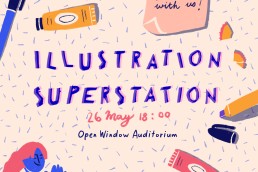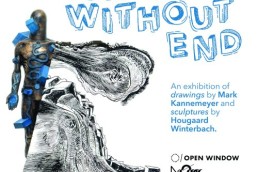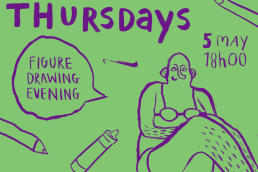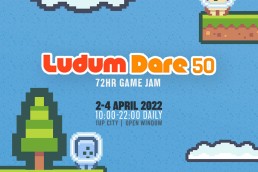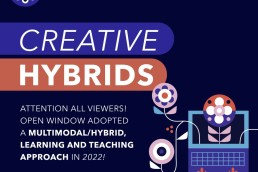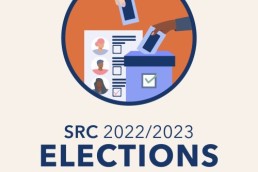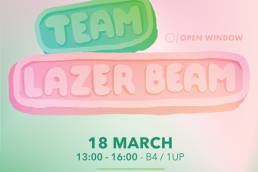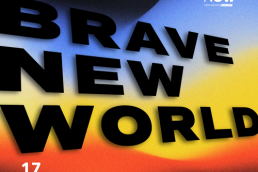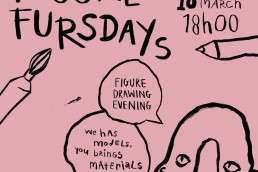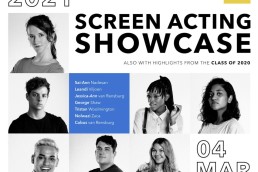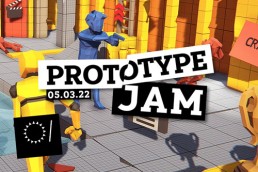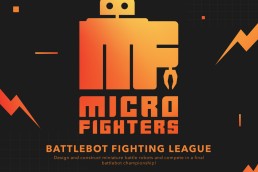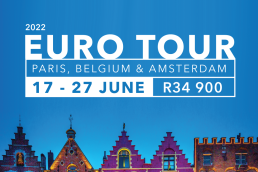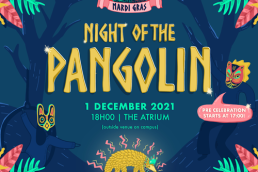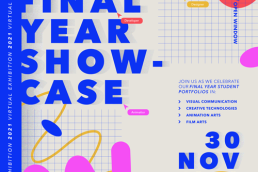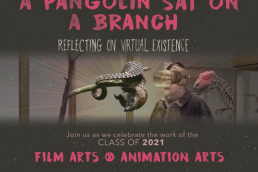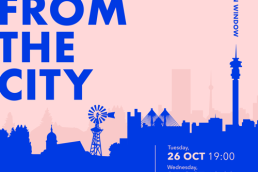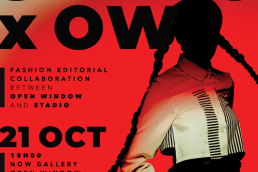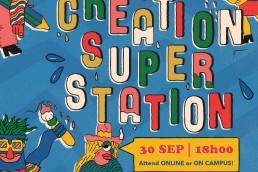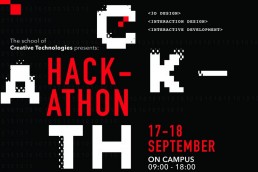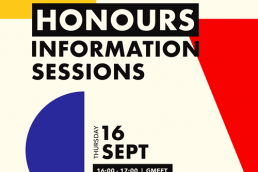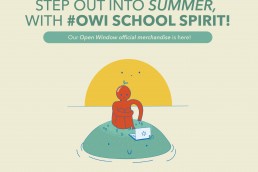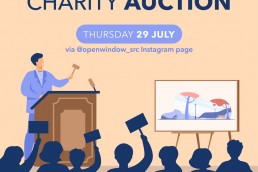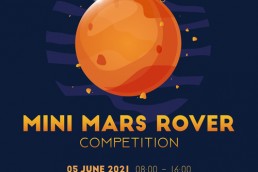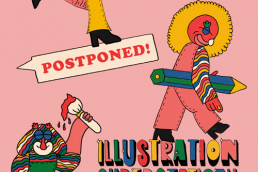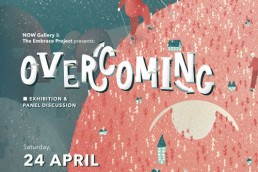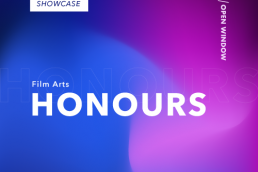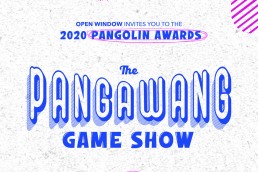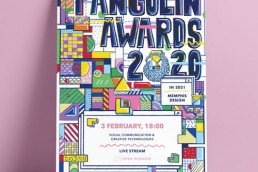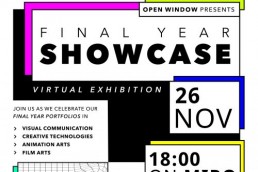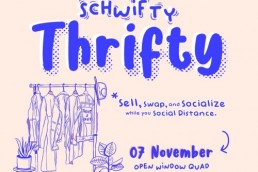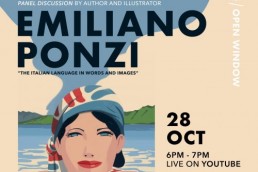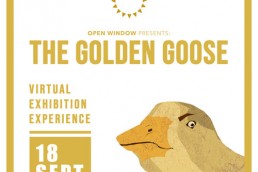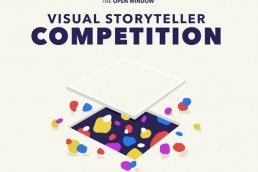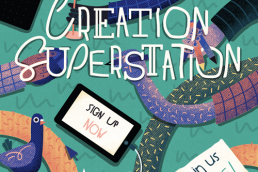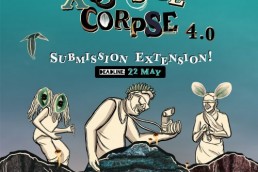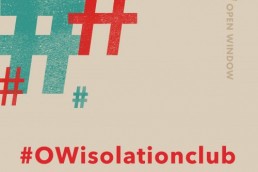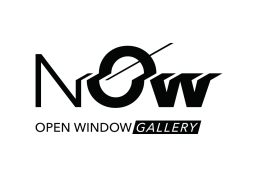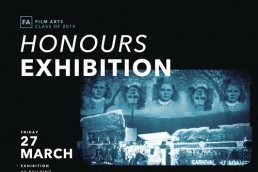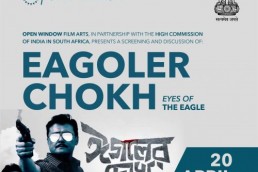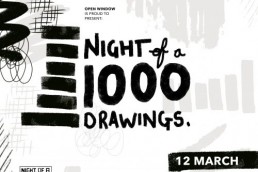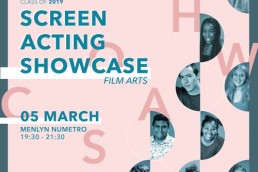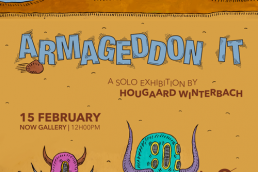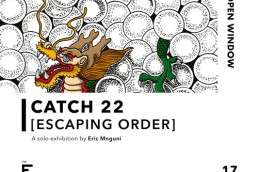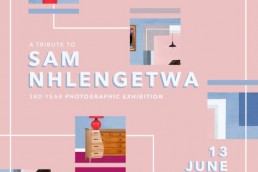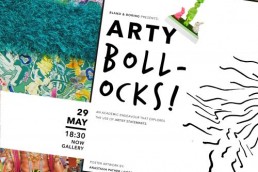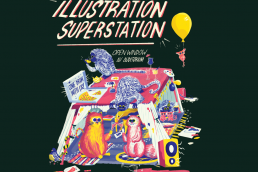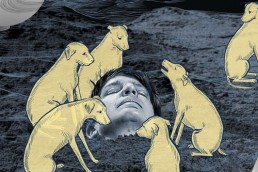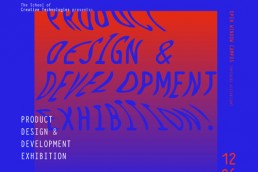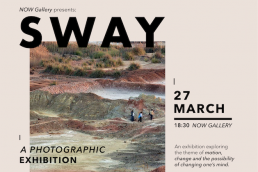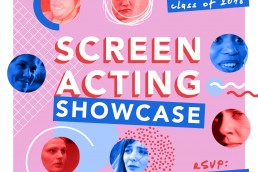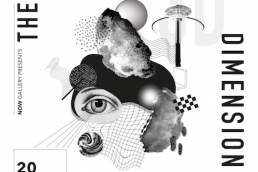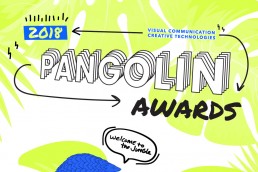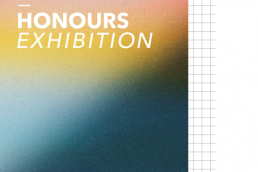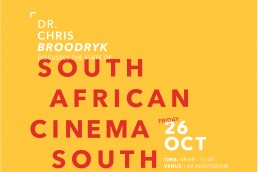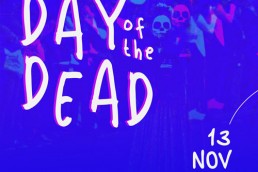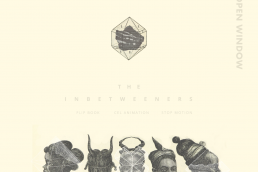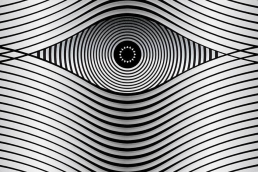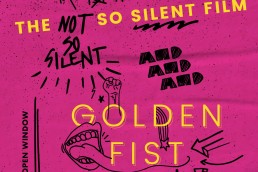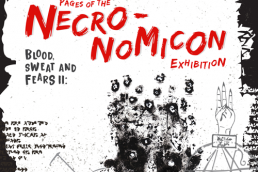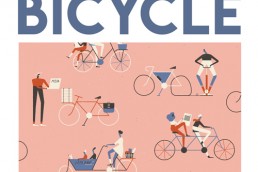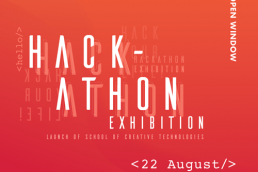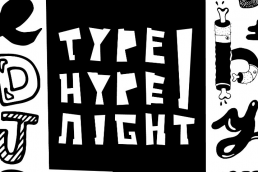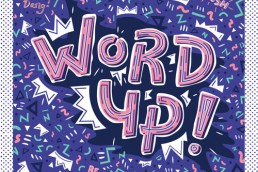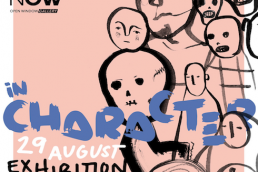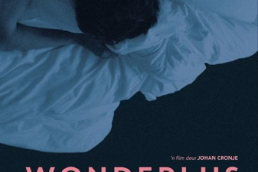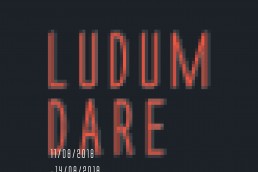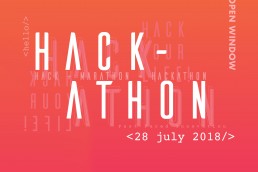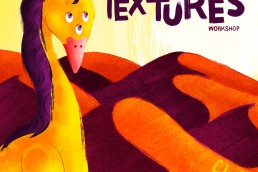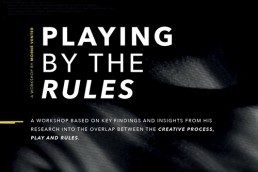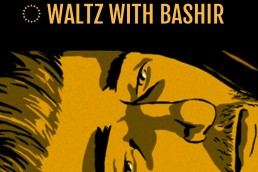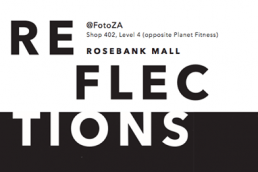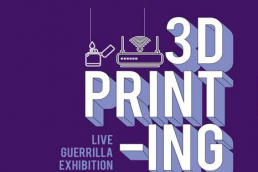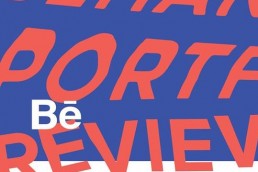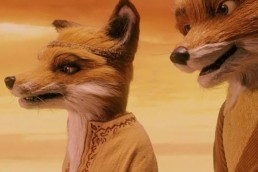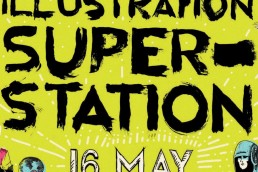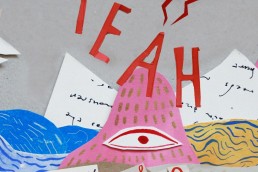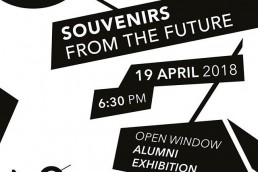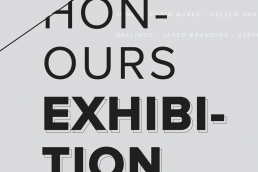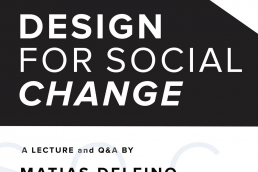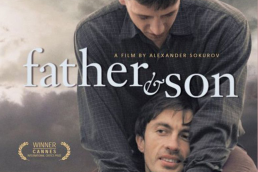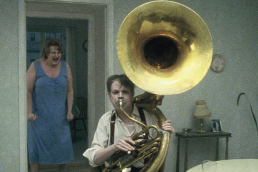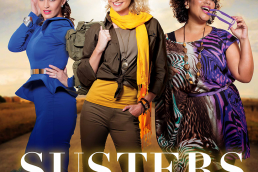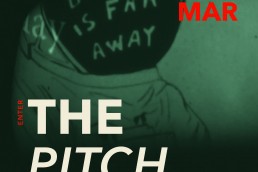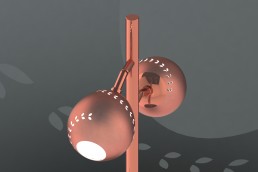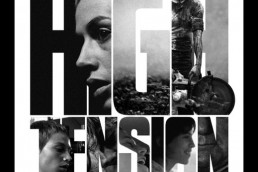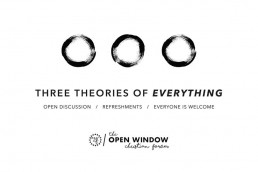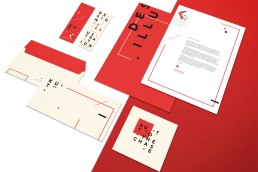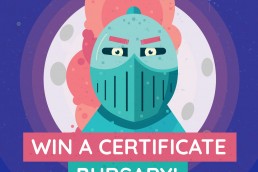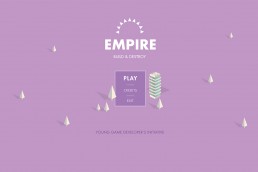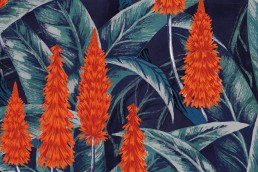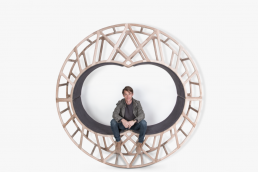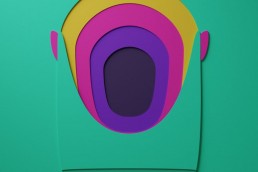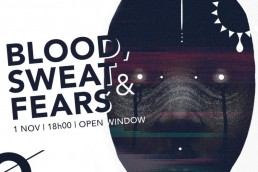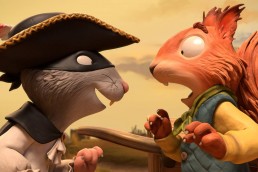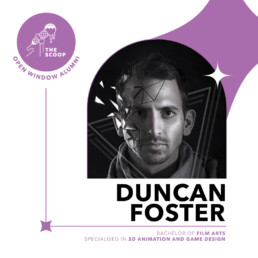

The Scoop - Duncan Foster
What initially inspired you to pursue a career in game design, and are there any specific games or experiences that influenced your decision?
At first, I didn’t know about game development as a career. My only relationship with Gaming as an industry was exclusively as a consumer.
Had my computer at 5 and I played games from 6. Goofed around with the scenario editor in Age of Empires. That inadvertently got me comfortable with games. I then started drawing soldiers and characters from those games.
Fast forward to my first year at college. I wanted to be a graphic designer and took 3d animation by chance because everyone said it was really hard.
I enjoyed 3D animation but I loved drawing too so I was conflicted. Fortunately, I made great friends who were advanced in the subject and knew a lot more than I did. They told me why don’t I just do concept art. Best of both
Where do you work at the moment?
Laguna Games they’re based in San Francisco but our art team is here in Rosebank, Johannesburg
Could you share details about a game design project you worked on that you’re particularly proud of? What aspects of the game’s design do you believe contributed to its success?
I’m not sure if I can say too much about my favourite project as I’m still under NDA but it was associated with the Game of Thrones IP. It was predominantly R&D but it pushed myself and the team to a new limit. We had a lot of fun and seeing the team grow made it enjoyable. A lot of challenges doing realism on mobile but I think we all found a nice balance.
Game design often involves finding the right balance between mechanics, narrative, and visuals. Can you discuss a game where achieving this balance was especially challenging, and how did you approach this challenge?
Well, gaming has such a range. I have only been involved with games that have minimal narrative emphasis. I’d love to be involved with projects that prioritise that more and I think I’ve personally tried to push that. However, there is a large business aspect that sets the priority. Sometimes gameplay is paramount or we don’t have the budgets to accommodate multiple aspects like creating a narrative-centric experience.
We currently have a project undergoing at the moment where I pitched a narrative-centric experience. I guess I can speak to some of those challenges.
Showing not telling is a constant battle with writing for games or films.
Using the limited time you have some cutscenes well. Isolate what you’re trying to get across because you don’t have the luxury of a 90min movie or 30 min episode
However, a major benefit of the medium is that a player has more interaction with the game and this can help inform the story. For example: how you decorate a level equates to dressing a set. Placing props, items and even damage to a scene can impart valuable narrative information.
From a design standpoint, our Characters’ briefs start with the story. Who are the characters, how do they move, and what’s the significance of their chosen outfit or weapon? Their build/body type. All the fundamentals you’d find in classic film and animation play a fundamental role in story-based game development.
How do you prioritize user experience in your game design process? Can you share an example of how you incorporated user feedback to make meaningful improvements to a game’s design?
Our most recent title explored the 2nd major crypto boom and the games in that space boast a new consideration for crowd-based game development. With that title, we have a very active discord and I must say there are pros and cons to having a truly uncurated engagement with a consumer base. Especially over the internet.
Pros include real-time feedback. We can see on launch day how the game is received and funny enough we very had some incredible suggestions and even some design balancing done by the community across all disciplines. Programming, development and art.
Cons. The community contradicts itself or can’t align on certain points. Ever watched Twitch plays? The internet is very clearly the place where order and chaos meet. So take everything with a pinch of salt.
Game development is a collaborative effort. Can you talk about a project where teamwork played a pivotal role in bringing your design ideas to life? How did you navigate creative differences and ensure the project’s success?
EVERY… SINGLE ….PROJECT. The degree to which a project is deemed successful can be attributed to how well the teams function together. When there are creative differences you can always fall back on relationships. I find it’s been very helpful to maintain a healthy relationship with the members of your team. Things are going to get tense. Tempers will flair when the pressure builds. If you’ve hired well, and the team members build respect with one another.
Top 3 Podcasts?
JRE, YMH, College or University talks
Favourite bands?
All over the place. I’ve got a wide range and recently I’ve been filtering my music through time. I’d rather listen to playlists from different eras than single out any one specific band, group or artist.
The gaming industry is known for embracing new technologies. What emerging technologies do you think will have a significant impact on the future of game design, and how do you envision integrating them into your work?
The hot topic is AI right now. I think there’s going to be a lot of opportunities for both production and consumption of games. In regards to consumption, we could look at RPGs and how we interact with NPCs having a large output of experiences thanks to procedural engagements. Whereas a product design guide manages larger quantities of content dialogue etc instead of brute forcing each engagement. There are of course pros and cons to these approaches but I’m sure there will be a great many examples of it done right. Game Design is one of the most reactive industries to new tech. It’s a challenging industry to keep up with. The graphics will improve and there are new technologies that help us interface with them a bit differently but you can be sure there will be things that we cannot imagine on the horizon. AI is a hot topic right now too. I’d engage with the tools to get a better sense of what’s going on in that space if you haven’t already. From a commercial standpoint, I wouldn’t recommend relying on it for now as there’s still a lot of legislation required before we understand the new usage rules and what’s officially deemed ethical. Do NOT neglect your fundamentals. Practise classical art training. That’s still invaluable.
Storytelling in games has evolved considerably. How do you approach integrating narrative elements into your designs, and how do you believe storytelling in games will continue to evolve in the coming years?
I recently worked on a pitch where we as a team prioritised stories more so than any of our other titles.
Nuance in storytelling games has improved in resolution throughout the years. The first games we played were low-level signifiers, almost icons representing elements in the real world. Much like chess has representative pieces. As the resolution/fidelity improves it allows for a more delicate approach to representing very complex ideas more accurately or exaggerating abstract ideas into new phenomenal avenues.
Personally, this is close to home for me. I struggled with the 2d diagrams in maths class back in the day. With strides in 3d animation even in TV, we can interface with this knowledge in more efficient ways and hopefully grow all manners of learning across large populations. The most recent episodes of Cosmos the series cleared up a lot of confusing ideas for me personally thanks to the strides in visual tech. The same could be true for gaming.
Do you have any favourite free resources you can share?
Yes! Very important to note that anyone wanting to get into game design professionally can do so exclusively with internet resources and strategic networking. Firstly one needs an introduction to the overall industry and what specialisations exist in the space. Art production and game development. Then which ones inspire you because it takes a lot of work. Years to master. Once you have that locked down you can then look to resources on the web to begin your learning. To find good resources you can stick around for the credits of any game you’ve played and google the names of the specific professional(concept artist, 3d production artist, animator) you’d like to work for one day. Most of these professionals will have a Gumroad or Artstation page with tutorials. I’d spend money on those workshops or tutorials. As for coding and integration, I’d go straight to the source. Unreal Engine and Unity both have massive online documents covering just about any current mechanic or process. I’d use those as the backbone of my studies.
What’s your go-to creative snack?
Kit Kat/TV Bar
Any favourite hobbies?
Football, gym and swimming
What advice would you offer to students who aspire to become game designers? Are there any lessons from your journey that you wish you had known when you were starting?
This career is a marathon. You don’t earn a qualification and stop learning. It’s a tech field and tech has a very short shelf life. The next best thing is just around the corner so continue to study and keep up to date with whats happening in the industry.
Related Posts
May 22, 2025
Animation SA X Annecy
April 29, 2025
Supplementary Programmes
April 23, 2025
Open Day (Stellenbosch) – 27 September
April 23, 2025
Open Day (Centurion) – 20 September
February 12, 2025
Scholarships Competition 2024 – Winners
January 31, 2025
Ranked No1 Educational Institution
November 11, 2024
Open Day (Centurion) – 25 Jan
November 11, 2024
Open Day (Stellenbosch) – 25 Jan
November 8, 2024
Pendoring Award Finalists 2024
October 24, 2024
One Year Programme Exhibition | 20 November
October 17, 2024
Method Moments: A Journey Through Characters
October 16, 2024
Postgrad Diploma Exhibition | 20 November
October 16, 2024
Honours Exhibition | 20 November
October 14, 2024
Theory Blog – Moving Image Theory 200
October 14, 2024
Theory Blog – Film Theory 300
October 14, 2024
Loerie Award Winners 2024
October 11, 2024
Intervarsity Portfolio Day | 26 October
October 11, 2024
The Scoop – Nathan Fernandes
October 10, 2024
Theory Blog – Visual Culture 300
October 10, 2024
Theory Blog – Visual Culture 200
October 10, 2024
Virtual FSBS Art Auction | 1- 8 November
October 8, 2024
Loerie Award Finalists 2024
October 1, 2024
Past Forward Exhibition | 24 October
September 27, 2024
Mini Mega Market | 22 November
September 25, 2024
In the Now Exhibition | 26 September
September 13, 2024
Korean Food and Film Festival | 19 October
August 19, 2024
High School – Stellenbosch Workshops
August 1, 2024
Scholarship Competition 2024
July 30, 2024
Awareness Day – Stellenbosch – 19 October
July 29, 2024
High School – August Workshops
July 29, 2024
Guest Speaker: Tundé Adefioye – 13 August
July 24, 2024
Figure Thursday (Stellenbosch) – 08 August
July 19, 2024
In the Now: Third Workshop – 02 Aug
July 12, 2024
Fantastic Planet Animation Club Screening – 24 July
July 8, 2024
Exquisite Corpse 8.0 – Riso Roulette Series
July 3, 2024
Guest Speaker: Osmond Tshuma | 17 July
June 12, 2024
The Scoop – Stephan Calitz
June 11, 2024
Honours Pecha Kucha & Exhibition | 17 July
June 5, 2024
Exquiste Corpse 8.0 | 15 August
May 31, 2024
Screen on Stage | 13 & 14 June
May 23, 2024
Figure Thursday (Stellenbosch) | 06 June
May 16, 2024
Creation Superstation (Stellenbosch) | 30 May
May 13, 2024
Creation Superstation (Centurion) | 22 May
April 17, 2024
The Scoop – Raymon van Niekerk
April 11, 2024
The Kubuni: Comics from Africa Exhibition – 24 April
April 10, 2024
Experimenting with Watercolour – 4 May
March 6, 2024
The Scoop – Reynard Droste
March 4, 2024
Pages in Progress – 30 May
February 27, 2024
In the Now: Second Workshop – 12 July
February 27, 2024
In The Eyes of Others: Ghosts of Observation – 13 March
February 13, 2024
Photo & Film Gear Expo – 19 February
February 12, 2024
The Scoop – Morne Venter
February 12, 2024
Figure Thursday – 07 March
February 12, 2024
Italy Tour 2024
February 9, 2024
Climbing Club Information Session
December 6, 2023
Scholarships 2023 Competition – Winners
November 24, 2023
The Scoop – Patrick Yaffe
November 22, 2023
Mini Mega Market | 02 May
November 22, 2023
Open Window Film Festival
November 13, 2023
Final Year Showcase | 28 Nov
November 10, 2023
The Scoop – Sabeeha Banubhai
November 8, 2023
Pangolin Awards 2023 | 1 Dec
October 31, 2023
Honours Exhibition 2023
October 31, 2023
One-Year Programme Showcase
October 11, 2023
The Scoop – Jayson Preece
October 9, 2023
Pendoring Award Finalists 2023
October 6, 2023
Open Window Staff’s Got Talent Show
October 5, 2023
Loerie Award Finalists 2023
October 4, 2023
Open Window X University of Tsukuba
September 29, 2023
South American – Short Films
September 26, 2023
Korean Film & Food Festival
September 17, 2023
Tigritudes Screenings – Panafrican Film Cycle
September 14, 2023
Beyond the Bounds Exhibition – 19 Oct
September 13, 2023
ReLo: Charting Change – Tamara Weetman
September 13, 2023
Guest Talk – Ndumiso Nyoni
August 22, 2023
The Scoop – Maaike Bakker
August 13, 2023
Nowhere – A Solo Exhibition by Lala Crafford
August 10, 2023
Guest Talk – Pieter Hugo
August 4, 2023
Open Day – Stellenbosch – 07 September 2024
August 3, 2023
Guest Talk: Reuben Heydenrych – 26 Sept
July 28, 2023
Exquisite Corpse 7.0 – 16 August
July 20, 2023
55-Hour Film Festival
July 19, 2023
Type Hype Night – 02 August
July 12, 2023
Drawing Attention – 19 July
July 5, 2023
Hackathon – 21 & 22 July
June 6, 2023
Perfect Imperfections – 14 June
May 31, 2023
Fever Dreams – 14 June
May 23, 2023
Student Life – Amazing Race | 25 May
May 23, 2023
Designed Dimensions – 31 May
May 22, 2023
MakerSpace Dashboard
May 16, 2023
Illustration Superstation
May 15, 2023
The Scoop – Retang Sebeka
May 15, 2023
13 OW Film Arts Alumni Short Films
May 8, 2023
Class of 2022 – Graduation
April 13, 2023
The Scoop – Lineo Kakole
April 11, 2023
Open Poets Society | A Change of Hands
March 22, 2023
MicroFighters 2023 – 30 May
March 8, 2023
Open Poets Society – 24 March
March 7, 2023
Tokyo Tour – 20 March
March 6, 2023
Figure Thursdays – 16 March
March 2, 2023
The Scoop – Anande van der Merwe
March 2, 2023
The Scoop – Zandalee van der Schyff
February 28, 2023
3rd Year Screen Acting Showcase – 17 March
February 24, 2023
It’s Not a Big Deal – 09 March
February 24, 2023
Open Day – 06 May
February 22, 2023
Beginner’s Casting Workshop – 11 March
February 20, 2023
Open Poets Society – 02 March
February 16, 2023
Photo & Film Gear Expo – 20 Feb
February 16, 2023
Drawing Board – 23 Feb
January 23, 2023
WorldStar Global Packaging Awards – Azelda Olivier
November 10, 2022
Pangolin Awards 2022 – Animation Arts & Film Arts | 02 December
November 8, 2022
The Creatives – Caitlin Conway
November 1, 2022
Pendoring Finalists 2022
November 1, 2022
Reveal Your Inner Creative – Scholarship Winners
October 31, 2022
The Creatives – Dani Steyn
October 28, 2022
Final Year – Student Showcase | 29 November
October 27, 2022
One-Year Programme Exhibition | 10 November
October 26, 2022
Open Poets Society | 09 Nov
October 26, 2022
Honours Exhibition | 23 Nov
October 18, 2022
The Creatives – Jandre van Heerden
October 9, 2022
The Creatives – Tanya Vermaak
October 7, 2022
Korean Film and Food Festival | 22 October
October 5, 2022
The Creatives – Imile Wepener
September 29, 2022
The Creatives – Jade Rawson
September 28, 2022
Guest Speaker: Daniel Ting Chong | 13 October
September 25, 2022
The Creatives – Lara Reid
September 23, 2022
Africa Cinémathèque | 10 October
September 23, 2022
Africa Cinémathèque | 03 October
September 14, 2022
I know / I don’t know | 29 Sep
September 7, 2022
Type Hype Night | 21 Sep
September 6, 2022
The 55-Hour Film Festival | 23 Sep
September 6, 2022
Muzzi Rajah: How to Build your Brand | 22 Sep
September 6, 2022
Open Poets Society | 29 Sep
July 15, 2022
Resist/Stance! Exhibition
July 10, 2022
Mug Shots Sublimation Workshop!
July 8, 2022
Hackathon
June 21, 2022
Exquisite Corpse 6.0
June 14, 2022
Reveal Your Inner Creative – Scholarship Competition
May 27, 2022
Trio Gloriosa, Plays the Movies | 06 June
May 23, 2022
Student Support Week | 25 -27 May
May 17, 2022
Illustration Superstation | 26 May
May 3, 2022
World Without End Exhibition | 14 May
April 28, 2022
Figure Thursdays | 05 May
March 29, 2022
Ludum Dare 50 [Game Jam] – 02 – 04 April
March 15, 2022
Multimodal Teaching Approach
March 14, 2022
2022/23 SRC Elections – 01 April
March 10, 2022
Meet Team Lazerbeam | 18 March
March 7, 2022
Brave New World | 17 March
March 2, 2022
Figure Fursdays | 10 March
February 24, 2022
Class of 2021 Screen Acting Showcase | 04 March
February 23, 2022
Prototype Jam | 05 March
February 15, 2022
MicroFighters | 30 April
February 15, 2022
Euro-Tour 2022
February 13, 2022
Photo & Film Gear Expo
November 12, 2021
Night of the Pangolin | 01 December
November 9, 2021
Final Year Showcase 2021 | 30 November
November 2, 2021
Honours Exhibition | 23 November
October 26, 2021
Honours Open Evening | 09 November
October 20, 2021
Scenes from the City | 26-27 October
October 15, 2021
STADIO x OW Exhibition | 21 October
October 4, 2021
Jackï Job – Body Light | 14 October
September 20, 2021
Creation Superstation | 30 September
September 15, 2021
Hackathon | 17 & 18 September
September 2, 2021
Honours Information Sessions
August 26, 2021
OW Merchandise
July 21, 2021
@OWRebuildSA Art Auction | 29 July
July 16, 2021
Exquisite Corpse 5.0
July 6, 2021
Blog
June 1, 2021
Mini Mars Rover Competition | 05 June
May 5, 2021
Illustration Superstation | 20 May
April 14, 2021
NOW Gallery and The Embrace Project presents OVERCOMING
March 12, 2021
Film Arts Honours – 17- 19 March
February 10, 2021
Honours Exhibition 2020
February 1, 2021
The Pangolin Awards 2020 (FA & AA)
January 26, 2021
The Pangolin Awards 2020 (VC & CT)
January 21, 2021
COVID Compliance Form
November 4, 2020
Final Year Showcase Portfolios
October 21, 2020
Schwifty Thrifty
October 19, 2020
Year-End Function
October 14, 2020
OW Student Advisors
October 2, 2020
Panel discussion with Italian artist Emiliano Ponzi
September 23, 2020
Comic Con Africa
September 17, 2020
OW Feedback Form
September 15, 2020
Golden Goose Exhibition
September 8, 2020
Visual Storyteller Bursary Competition
August 21, 2020
Virtual Graduation – Class of 2019
August 12, 2020
NOW Gallery and Good on Paper present VIRAL – 19 August
July 20, 2020
Creation Superstation – 29 July
June 9, 2020
Love in the time of Corona – 17 June
May 21, 2020
OWIsolationclub Online Charity Auction
May 21, 2020
Exquisite Corpse 4.0 Online
April 9, 2020
Congrats Graduates
April 2, 2020
Isolation Club
April 1, 2020
Now Gallery
March 16, 2020
Film Arts Honours Exhibition | 27 March
March 11, 2020
That’s not what I meant | 29 April
March 4, 2020
Eagoler Chokh Screening | 20 April
March 4, 2020
Night of a 1000 Drawings | 12 March
March 4, 2020
Euro Trip Information Session | 17 March
February 18, 2020
Class of 2019 Screen Acting Showcase | 05 March
February 5, 2020
Photography & Film Expo | 10 February
January 22, 2020
Armageddon it | 15 February
July 1, 2019
Catch 22 [escaping order | 17 July
May 21, 2019
Artybollocks | 29 May
May 21, 2019
Illustration Superstation | 23 May
April 23, 2019
Exquisite Corpse 3.0 | 02 May
April 10, 2019
Product Design and Development Exhibition | 12 -26 April
April 1, 2019
Film Arts Honours Exhibition | 05 April
March 18, 2019
SWAY: A Photographic Exhibition | 27 March
March 11, 2019
Loeries Travelling Exhibition | 18 March
March 7, 2019
Open Mic Night | 15 March
February 25, 2019
Screen Acting Showcase | 28 February
February 11, 2019
Launch Party | 15 February
January 29, 2019
The Third Dimension | 20 February
January 14, 2019
Applications and Registrations
November 5, 2018
The Pangolin Awards (VC & CT) | 29 November
October 25, 2018
Final Year Showcase | 22 November
October 24, 2018
BA Honours Graduate Exhibition | 20 November
October 12, 2018
South African Cinema: Dr Chris Broodryk | 26 October
October 11, 2018
Day of the Dead Party | 13 November
September 27, 2018
The Inbetweeners: Workshop | 05 October
September 17, 2018
The not so silent film and Golden fist awards | 21 September
September 16, 2018
Blood, Sweat and Fears II: Pages of the Necronomicon | 24 October
September 5, 2018
All I Wanna Do Is Bicycle | 26 September
August 16, 2018
Monster Hunt Screening | 22 October
August 13, 2018
Type Hype Night | 02 August
August 13, 2018
Word Up Workshop | 21 August
August 12, 2018
In Character: Exhibition and Performance | 29 August
August 10, 2018
Wonderlus Screening | 31 August
August 9, 2018
Korean Film and Food Festival | 20 October
August 6, 2018
Open Mic Night | 10 August
August 5, 2018
Photo Plus Africa | 19 October
July 26, 2018
Ludum Dare | 11 August
July 16, 2018
OWI Annual Hackathon | 28 July
July 13, 2018
Welcome Back Party – House of Sin | 20 July
July 10, 2018
Testing Textures Workshop | 24 July
June 25, 2018
Playing by the Rules | 11 July
June 8, 2018
Waltz with Bashir Screening | 14 June
May 31, 2018
3D Rapid Prototyping | 6 June
May 3, 2018
Behance Portfolio Review | 12 May
May 3, 2018
Fantastic Mr. Fox Screening | 7 May
May 3, 2018
Illustration Superstation | 16 May
April 26, 2018
Exquisite Corpse | 10 May
April 3, 2018
2017 Graduation – Live Streaming | 6 April
March 29, 2018
Matias Delfino: Design for Social Change
March 28, 2018
Father and Son – Film Salon
March 27, 2018
Graduation
November 16, 2017
Final Year Student: Exhibition | 28 November
The annual Final Graduate Showcase, for…
